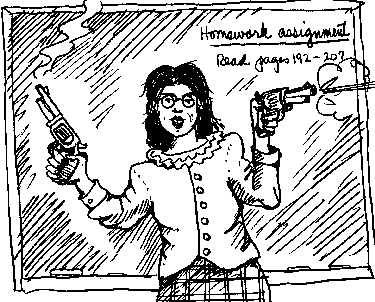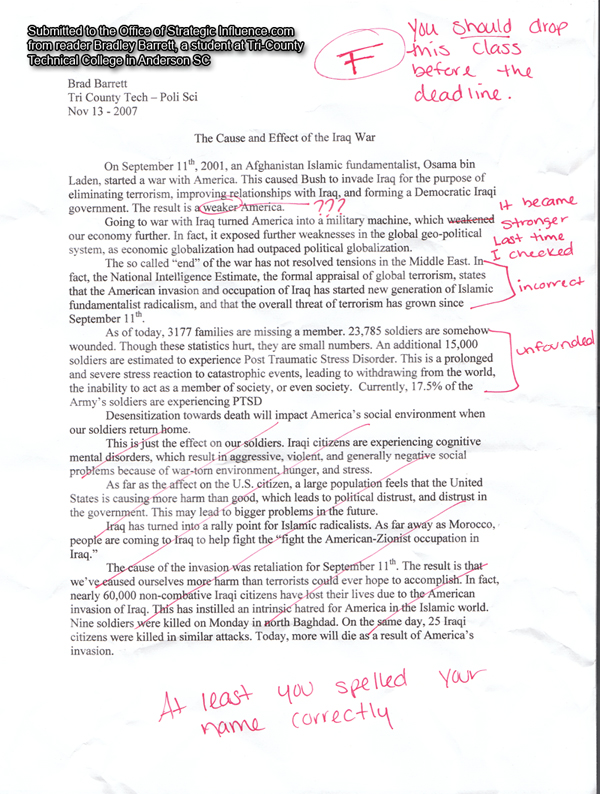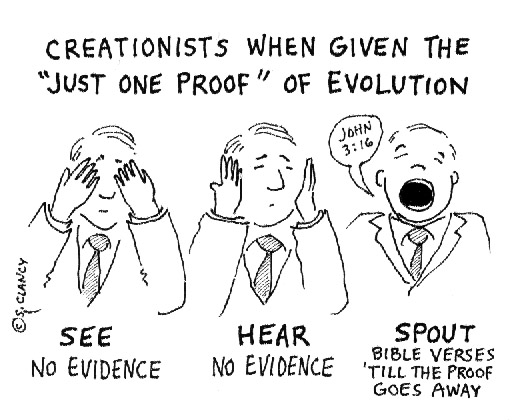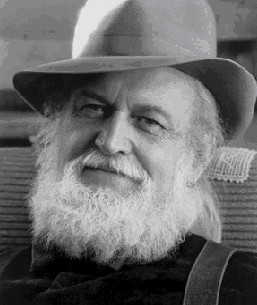Here’s a short piece from David Zirin, author of Welcome to the Terrordome, on Hurricane Gustav and the response of officials in New Orleans:
Gustav and the Dome
By Dave Zirin
Witness the massive padlock, tightly hugging its doors. That will tell you all you need to know about Hurricane Gustav and the federal government s carefully orchestrated response. The padlock, roughly the size of a Frisbee, is set firmly around the doors of the Louisiana Superdome. The padlock articulates a message that would be clear to even a Bush or a Brownie: this storm will not be Katrina. By that I don t mean, We ve learned a lot in the last three years or whatever talking points the White House is putting out.
The padlock makes clear that the public relations hurricane battle has been well engaged. There will be no photo ops of 30,000 people herded into a luxury stadium that magically morphs into a homeless shelter from hell. There will be no opening up the stadium to the poor and unwashed, not after spending 185 million bucks.to rebuild the dome and not with the NFL season right around the corner. There will be no one left behind, even if it means putting people on buses, taking them hundreds of miles away, and not even telling them the destination for them and their families. And, more than anything else, the padlock in all of its glistening, metallic glory, is a self-incriminating indictment. It is an admission that despite what we were told three years ago, a stadium isn t really shelter; that the act of forcing people at gunpoint into the dome was a criminal act; and that believing any stadium could have redeeming social value as an emergency evacuation center, is a lie.
The padlock on the Superdome prevents any more ugly backdrops for When the Levees Broke II , and preserves the pristine field for Drew Brees, Reggie Bush, and the rest of the Saints. But it also raises more questions than answers: if people aren t in the dome, then where are they?
Where are New Orleans 12,000 homeless residents, double the pre-Katrina numbers?
Where are the 17,000 residents of greater New Orleans still living in FEMA trailers?
Where will people live when they return? Why won t the city call for the suspension of the planned bulldozing of the city s four largest housing projects? How will the people being bussed out, be able to move back if their homes have been flattened? If people can t make it home, will they find their residence somewhere even more frightening than the dome?
New Orleans mayor Ray Nagin said over the weekend, “Anybody who’s caught looting in the city of New Orleans will go directly to Angola [Louisiana State Penitentiary]. You will not have a temporary stay in the city. You go directly to the big house, in general population.
Considering that many of the so called looters after Katrina, were fighting for their lives, and considering that the media had color-coded looters, with white residents classified as heroes, the implications of Nagin s dictate is chilling. It s horrifying to think that they could be laying their head in the former slave plantation known as Angola.
And what will the fate be of the hero as of now, the wetlands? The wetlands absorbed the worst of Gustav, before the hurricane slammed into the great city. As New Orleans resident and comedian Harry Shearer said, We re losing Wetlands at a rate of a football field every 45 minutes.
The padlock is also a reminder of all the people, 25% of the pre-Katrina population, who haven t been able to return to the city. How can they have the hope of return when rents have gone up 46% in the last two years? When will this ever be addressed?
The future of New Orleans will depend on our ability to answer these questions. And no amount of shameless political posturing can avoid this.
[Dave Zirin is the author of the forthcoming A People s History of Sports in the United States (The New Press) Receive his column every week by emailing dave@edgeofsports.com. Contact him at edgeofsports@gmail.com.]






